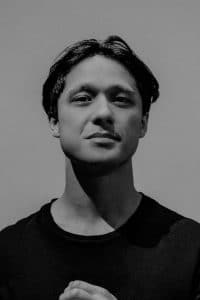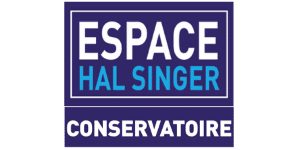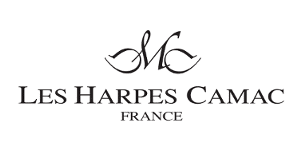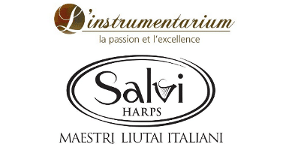
In addition to his teaching activities, Edward enjoys a multifaceted performing career, collaborating with a wide array of ensembles across Europe and beyond. His repertoire is extensive, and he is particularly interested in projects that offer fresh perspectives on the classical canon. He is known for his versatility and passion for exploring different facets of music-making: historical performance practice, collaborations with living composers, and improvisation.
Edward is in high demand as jury and commission member: at the International Cello Competition in Markneukirchen and the Wallace International Cello Competition among others. He has regularly played as a principal cellist: in the Sydney Opera House, for the New Zealand Symphony Orchestra, or with 2021 Opus Klassik award-winners Ensemble Mini. In addition to giving masterclasses internationally: in Augustów, Poland, at the University of Waikato, and the University of Augsburg, Edward has a passion for the development of young talents, and has supported various educational and outreach programmes in cooperation with the Royal Overseas League (UK), the National M.K. Čiurlionis School of Art in Lithuania, and with indigenous communities in rural New Zealand.
Edward is a member of the O/Modernt Chamber Orchestra, as well as a founding member of Hear now Berlin, a sextet devoted to post-genre contemporary music. He also enjoys a particularly deep musical collaboration with his wife Onutė Gražinytė as part of the Gražinytė-King Duo. Edward plays on a modern German cello, made by Robert König in 2017.
Teachers: James Tennant, Prof. Julius Berger, Prof. Wolfgang Emanuel Schmidt
Teaching Philosophy:
Edward is a passionate pedagogue, and enjoys passing on his knowledge, ideas, and inspiration to the next generation of artists. His goal is to create a learning-environment which is simultaneously empathetic and challenging, and focussed on the long-term development of each artistic personality.
In Edward’s lessons:
- Students are encouraged to bring their creativity and concepts, as a starting point for development and refinement.
- Historical context and musical analysis are explored to give perspective for artistic inspiration.
- Technical and musical aspects of playing the cello are integrated: our technique is what facilitates our ability to express ourselves musically.
Above all, Edward recognises the nature of music as a living language – and enjoys helping his students to vividly and eloquently speak to audiences through their music-making.





